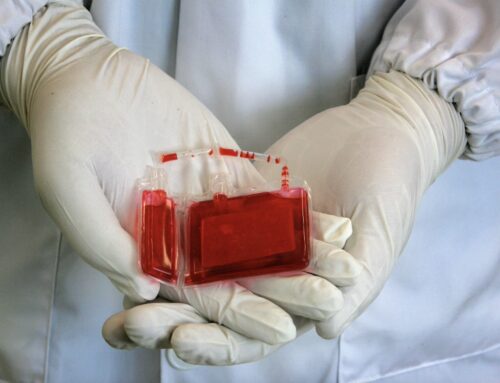What is a healthy daily calorie intake?
The appropriate daily calorie intake varies depending on factors such as age, sex, weight, height, and activity level. However, there are general guidelines that can help you determine a healthy calorie intake for your needs.
For adult women, the recommended daily calorie intake ranges from 1,600 to 2,400 calories, depending on activity level. For adult men, the recommended daily calorie intake ranges from 2,000 to 3,000 calories, depending on activity level. These ranges are based on the Dietary Guidelines for Americans and are designed to maintain a healthy weight and support overall health.
To determine your specific calorie needs, you can use an online calorie calculator or consult with a healthcare provider or registered dietitian. They can help you determine a calorie intake that is appropriate for your age, sex, weight, height, and activity level, taking into account your individual health goals.
What is a healthy calorie intake for a child?
The appropriate daily calorie intake for a child varies depending on factors such as age, sex, weight, height, and activity level. Here are some general guidelines for calorie intake for children:
- Toddlers (1-3 years old): Toddlers generally require about 1,000-1,400 calories per day, depending on their age, size, and activity level.
- Preschoolers (4-5 years old): Preschoolers generally require about 1,200-1,800 calories per day, depending on their age, size, and activity level.
- School-age children (6-12 years old): School-age children generally require about 1,600-2,200 calories per day, depending on their age, size, and activity level.
- Adolescents (13-18 years old): Adolescents generally require about 1,800-3,200 calories per day, depending on their age, sex, size, and activity level.
These calorie ranges are based on the Dietary Guidelines for Americans and are designed to support growth and development, as well as overall health. It’s important to provide children with a balanced diet that includes a variety of nutrient-dense foods to meet their calorie and nutrient needs. If you have concerns about your child’s calorie intake or nutritional needs, it’s best to consult with a healthcare provider or registered dietitian.
What is a healthy daily caloric intake for the elderly?
The appropriate daily calorie intake for an elderly person varies depending on factors such as age, sex, weight, height, and activity level. However, as people age, their calorie needs may decrease due to changes in metabolism and activity level. Here are some general guidelines for calorie intake for elderly individuals:
- Sedentary elderly: Sedentary elderly individuals may require about 1,600-2,000 calories per day, depending on their age, sex, and size.
- Moderately active elderly: Moderately active elderly individuals who engage in regular physical activity may require about 1,800-2,200 calories per day, depending on their age, sex, and size.
- Active elderly: Active elderly individuals who engage in regular vigorous physical activity may require about 2,000-2,400 calories per day, depending on their age, sex, and size.
These calorie ranges are based on the Dietary Guidelines for Americans and are designed to support overall health and well-being in the elderly population. It’s important for elderly individuals to consume a balanced diet that includes a variety of nutrient-dense foods to meet their calorie and nutrient needs. If you have concerns about your calorie intake or nutritional needs as an elderly person, it’s best to consult with a healthcare provider or registered dietitian.
Where should the majority of my calories come from?
The majority of your calories should ideally come from nutrient-dense foods that provide essential nutrients such as vitamins, minerals, protein, healthy fats, and carbohydrates. Here is a general breakdown of where your calories should come from:
- Carbohydrates: About 45-65% of your daily calories should come from carbohydrates, particularly from whole grains, fruits, vegetables, and legumes. These foods provide energy and fiber, which are important for digestion and overall health.
- Protein: About 10-35% of your daily calories should come from protein, which is important for building and repairing tissues, as well as for immune function. Good sources of protein include lean meats, poultry, fish, eggs, dairy products, legumes, nuts, and seeds.
- Fats: About 20-35% of your daily calories should come from fats, with an emphasis on healthy fats such as monounsaturated and polyunsaturated fats. Sources of healthy fats include avocados, olive oil, nuts, seeds, and fatty fish. Limit saturated and trans fats, which can increase the risk of heart disease.
It’s also important to pay attention to the quality of your calories. Choose whole, minimally processed foods whenever possible, and limit foods and beverages high in added sugars, sodium, and unhealthy fats. Eating a variety of nutrient-dense foods will help ensure that you get all the essential nutrients your body needs to function optimally.




